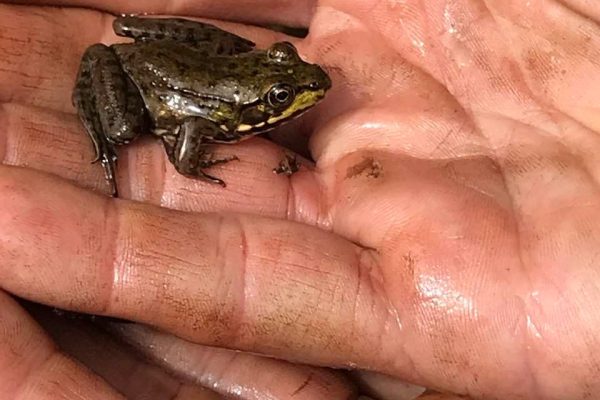As we recounted the pains and sorrows that still surround us, we are also aware of our many blessings. Many gifts have been bestowed upon us. With the singing of Dayeinu we recall God’s graciousness and protection along our people’s path.
Ilu hotzi’anu mi’mitzrayim dayeinu
Ilu natan lanu et ha’Shabbat
Ilu natan natan lanu natan lanu et ha’torah
The Holy One has sustained us over the centuries. Tonight we also acknowledge the sustenance and strength we draw from the actions of our biblical mothers and sisters.
The first man and woman were created together in God’s image.
Dayeinu: That would have been enough.
Then Lilith rebelled against Adam’s claim to authority.
Dayeinu: And that would have been enough.
Then Eve perceived that wisdom was a desirable possession.
Dayeinu: And that would have been enough.
Then Sarah walked side-by-side with Abraham to the land of Canaan.
Dayeinu: And that would have been enough.
Then Sarah insisted that Isaac be the son to carry on the covenant between the Holy One and Abraham.
Dayeinu: That would have been enough.
Then Rebecca showed the generosity of spirit by watering the camels of a stranger. Dayeinu: And that would have been enough.
Then Rebecca intervened to insure Jacob’s proper ascendancy as the keeper of the covenant.
Dayeinu: And that would have been enough.
Then Rachel had pity on her sister Leah and taught her the secrets that would get her through her wedding night.
Dayeinu: And that would have been enough.
Then Dinah attempted to reach out to the women beyond her own clan.
Dayeinu: And that would have been enough.
Then Tamar insisted on her rights as a widow.
Dayeinu: And that would have been enough.
Then the midwives, Shifra and Puah stood up to Pharaoh by saving the Hebrew babies.
Dayeinu: And that would have been enough.
Then Moses’ mother had the courage to remarry her husband and bear children again.
Dayeinu: And that would have been enough.
Then Miriam kept watch over her little brother.
Dayeinu: And that would have been enough.
Then Pharaoh’s daughter took pity on the little Hebrew baby.
Dayeinu: And that would have been enough.
Then Miriam worked behind the scenes to prepare the women for leaving Egypt.
Dayeinu: And that would have been enough.
Then Miriam brought her tambourine across the Sea of Reeds.
Dayeinu: And that would have been enough.
And Miriam continued to teach God’s words which flowed like water from her mouth.
Dayeinu: And that would have been enough.










